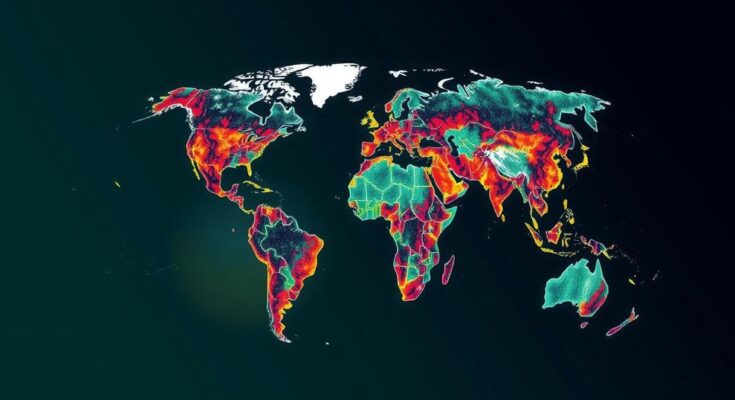Artificial intelligence is enhancing climate models by improving prediction accuracy, which is crucial for better policy decisions at conferences such as COP29 in Baku. This technological advancement promises to help mitigate the impacts of climate change effectively.
Artificial intelligence (AI) is poised to revolutionize climate modeling by enhancing the accuracy of predictions related to climate change. The ongoing United Nations climate conference, COP29, in Baku, Azerbaijan, significantly relies on these models to understand climate change impacts and the economic implications of mitigation strategies. Improved predictions made possible by AI technologies will facilitate policymakers in making informed decisions that are crucial for combating climate change effectively.
Climate models are vital tools that simulate the Earth’s climate system, helping scientists and policymakers understand potential future changes and their implications. The advent of artificial intelligence has offered new methods to refine these models, making them more precise and actionable. By integrating vast data sources and employing advanced computational techniques, AI can help predict climate behavior and assess the economic costs related to climate mitigation, fostering more robust and effective climate strategies.
In conclusion, the integration of artificial intelligence into climate modeling represents a significant advancement in our capability to predict and respond to climate change. By providing more accurate forecasts, AI will empower policymakers to enact strategies that can effectively mitigate the adverse effects of climate change, ultimately contributing to a more sustainable future.
Original Source: www.economist.com




